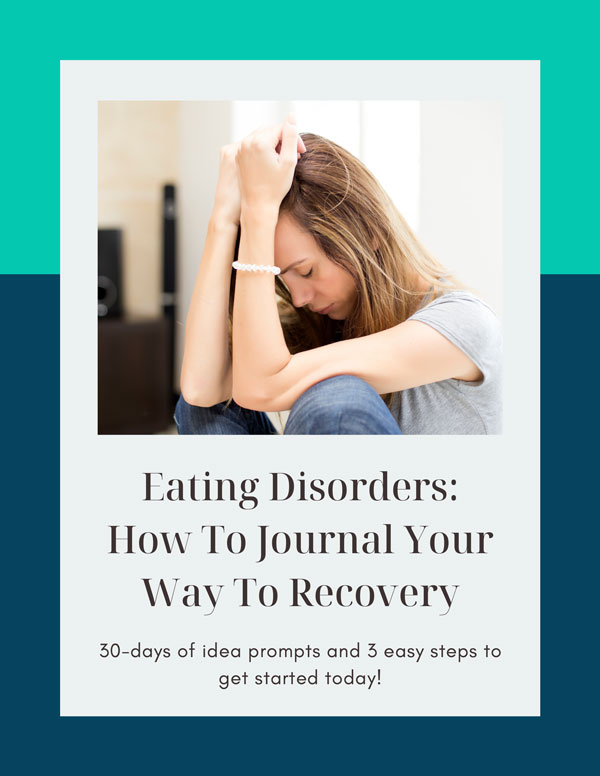
5 Facts About Eating Disorders
In our previous blog, we discussed 5 myths about eating disorders that can stand in the way of people seeking help and working toward recovery, in hopes of clearing the air of these harmful ideologies. Now that we have debunked some of the false information surrounding eating disorders, let’s continue educating ourselves on the truth, with these 5 facts about eating disorders.
- Fact: Eating disorders are serious life-threatening problems.
Eating disorders are often mistaken as a simple diet-gone-wrong with an easy fix, or an adolescent phase that will be grown out eventually, when in actuality they are a serious life-threatening disease. Anorexia nervosa has the highest mortality rate of any psychiatric disorder – a rate that is 12 times higher than the death rate of ALL causes of death for females 15-24 years old. Without treatment, up to 20% of people with serious eating disorders die. This does not mean, of course, that there’s no hope. It simply means that eating disorders should be taken just as seriously as any other life-threatening illness, and should be treated accordingly.
- Fact: Eating disorders affect millions of Americans.
If you or someone you know is battling an eating disorder and feel embarrassed or alone in the struggle, you are most definitely not! At least 30 million Americans suffer from an eating disorder in their lifetime, making them the 3rd most common chronic illness among adolescent females. Although more common in girls, females aren’t the only ones who must face the challenges of eating disorders. Male and female, young and old, all economic classes, all races and ethnicities – eating disorders don’t discriminate.
- Fact: Eating food is more complicated for those with eating disorders.
Another common misconception surrounding eating disorders is that recovering is just a matter of eating more food. Those with eating disorders tend to over-analyze the food they are eating, and it affects the way that they live. Eating only minimal amounts of food can take longer than it does for those without eating disorders because thoughts of how the food will affect their figure can oftentimes be overwhelming. Not only does one suffering from an eating disorder have to work with the extremely difficult mental chore of reframing their mindset to achieve healthy eating habits, but also face a physically challenging obstacle, as both restrictive eating and low caloric intake can change affect your appetite and leave you feeling fuller with less food.
- Fact: It’s common for people with an eating disorder to have one or more co-occurring conditions. When an eating disorder occurs with another mental health disorder such as depression or with a substance abuse disorder such as alcohol use disorder, the combination is coined co-occurring disorders. Co-occurring disorders are not uncommon – in fact, one study found that 71% of people with an eating disorder were also diagnosed with an anxiety or mood disorder. More often than not individuals will only be treated for their specific eating disorder and their depression or anxiety goes untreated, which becomes problematic if their depression or anxiety is contributing to the underlying problems driving the eating disorder. If the depression or anxiety remains untreated then the individual has a higher chance of relapsing and falling back into their binging and purging behavior.
- Fact: Full recovery from an eating disorder is possible.
In the past, we lacked effective treatments, and many remained chronically ill. However, with the earlier introduction of treatments that prioritize regulation of eating and address symptoms directly, more patients are achieving full recovery. Whether you are currently suffering from an eating disorder, are in active recovery, or identify as fully recovered, Recovery From Anorexia can help. Run by Meredith, an eating disorder survivor and Licensed Clinical Social Worker, Recovery From Anorexia aims to help others who struggle with eating disorders by inspiring hope and sharing the skills and resources necessary to battle and beat this disease. For more help or information, reach out to Meredith today.
Photo cred: @fightthroughmentalhealth⠀⠀⠀⠀⠀⠀⠀⠀⠀


